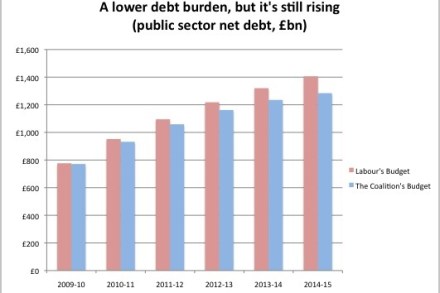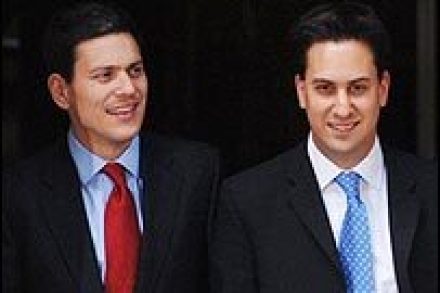The Lib Dems’ toughest week so far
This, in the admittedly short life of the Coalition, has been the most difficult week so far for the Lib Dems. The Coalition agreement had the Lib Dems winning huge concessions from the Tories. Afterwards, all the talk was of Lib Dem negotiating skills, what a good deal that they had won for themselves. But after the Budget, the mood was very different. It is now clear that this is, first and foremost, a fiscally conservative government. One of the problems as Andrew Rawnsley notes in his column is that the Lib Dems are now being depicted as dupes by large sections of the media and the Labour party. However
















